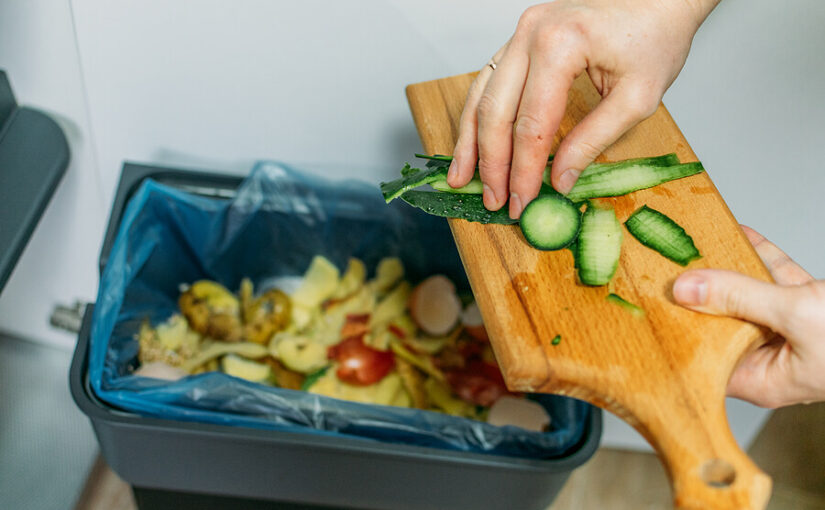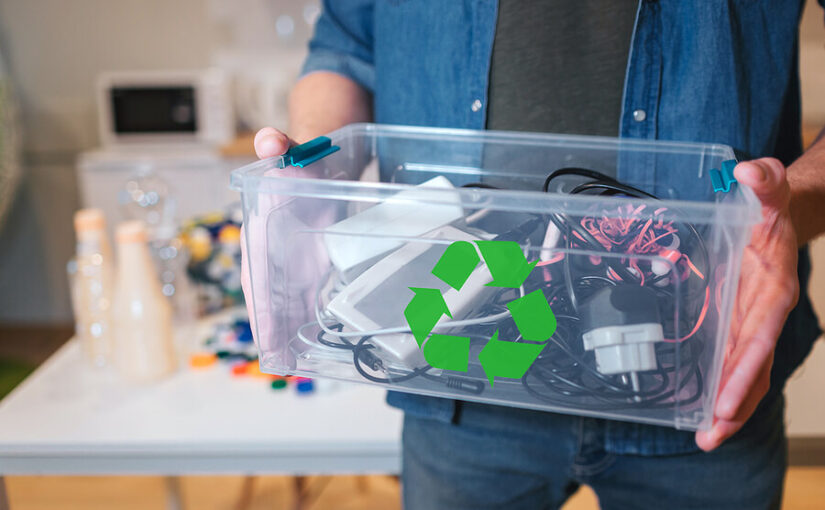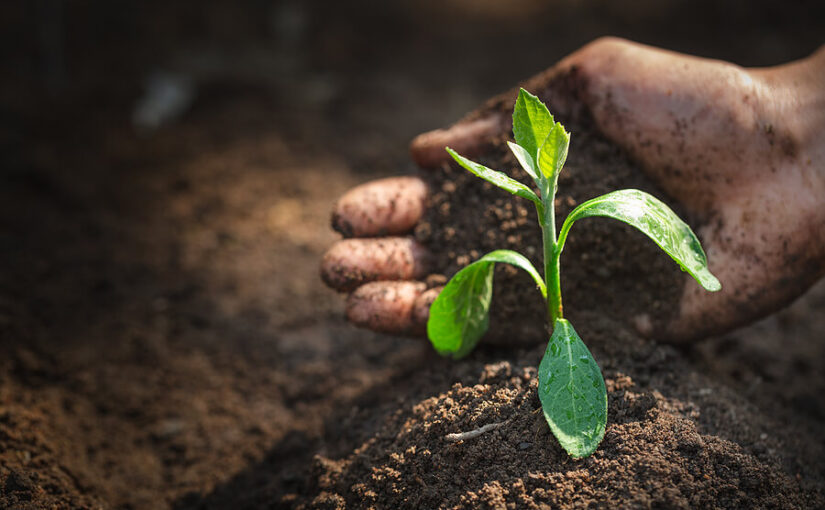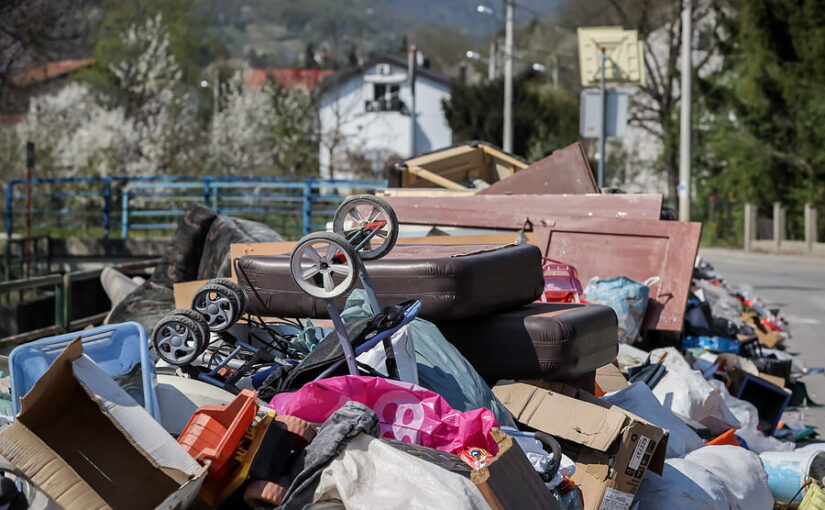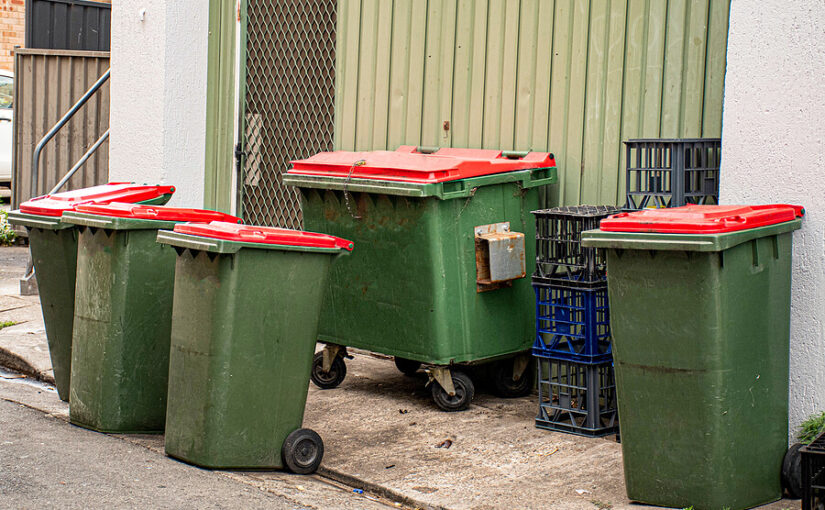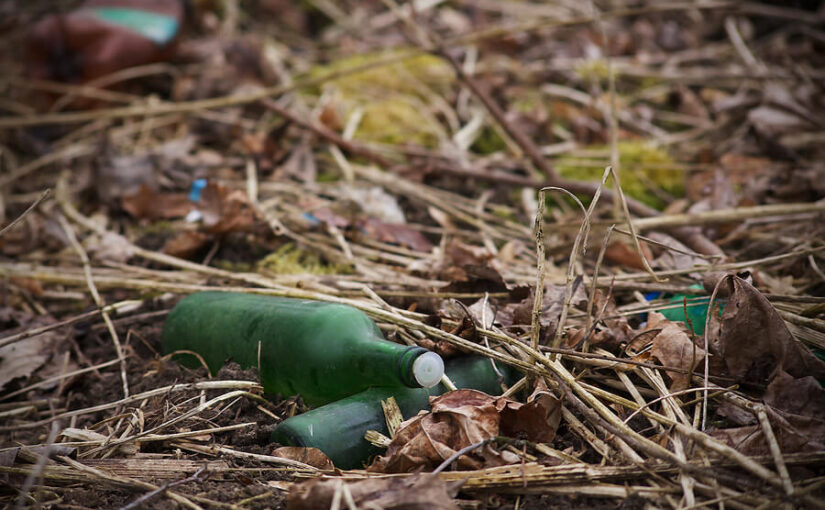You may remember that, back in March, we planned to raise £5k for local charity, Leeds Children’s Charity, by organising the Forge Spring Clean Beard Shave.
The shave was due to take place in May following two months of hair growth; however, the world had other plans, the nation’s barbershops were closed, and… well, you know the rest.
So now, seven months later, we have five extremely hairy guys here at Forge Recycling in urgent need of a shave!
Continue reading Forge Recycling aims to raise £5k for local children’s charity
